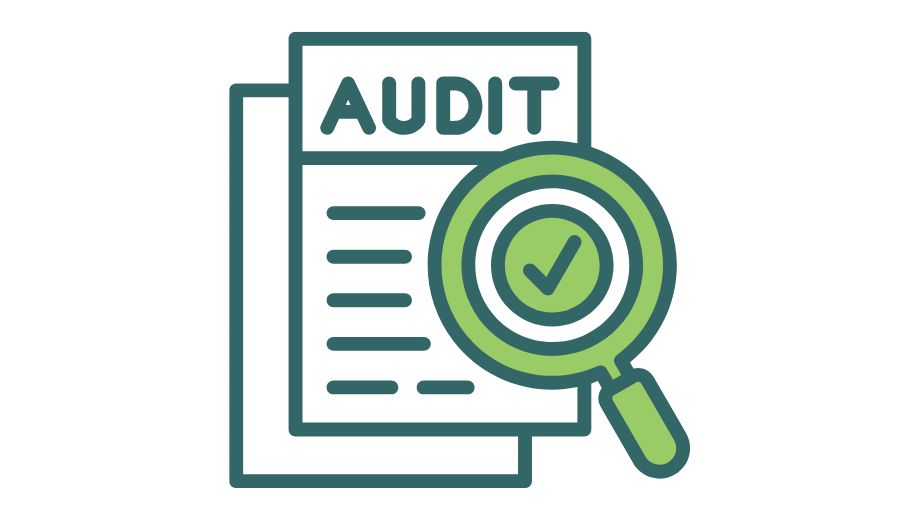Running a business comes with managing finances, building client relationships and ensuring long-term growth. Amidst these demands, it also requires careful compliance with a complex framework of laws, regulations, and contractual obligations. One essential tool often overlooked by business owners is the business audit.
If you have not reviewed your legal or financial records recently, it may be time to conduct an audit. Similarly, if you are preparing to seek funding or sell your business, audited records can give lenders and investors the confidence they need. Businesses whose contracts, policies, or licenses have not been updated recently should also consider an audit to ensure compliance.
A business audit is a structured, comprehensive examination of a company’s financial, operational, and legal practices. When conducted properly, an audit helps business owners identify risks, strengthen internal processes, and protect the business from potential liabilities.
The Importance of a Business Audit
- Maintains Legal and Regulatory Compliance
Laws governing businesses are constantly evolving, from employment and tax laws to industry-specific regulations. A legal audit ensures your company remains compliant with current requirements, helping you avoid costly penalties, regulatory investigations, and potential litigation.
- Strengthens Corporate Governance
Proper governance is essential for protecting owners, officers, and shareholders. A legal audit confirms that corporate documents are in order. This safeguards the business against challenged to its legitimacy or authority.
- Protects Contracts and Commercial Agreements
Contracts form the backbone of any business relationship. A legal audit reviews client agreements, vendor contracts, leases, and partnership arrangements to ensure they are enforceable, clearly drafted, and protective of the company’s interests. Outdated or poorly drafted contracts can expose a business to disputes and liability.
- Ensures Employment Law Compliance
Employment laws are among the most common sources of legal disputes. A legal audit examines employee handbooks, policies, contracts, and classification practices to confirm compliance with wage laws, benefits requirements, workplace safety, and anti-discrimination regulations. This reduces the risk of costly claims from current or former employees.
- Safeguards Intellectual Property
For many businesses, intellectual property is their most valuable asset. A legal audit verifies that trademarks, copyrights, patents, trade secrets, and digital assets are properly protected. It also ensures that the business owns the rights to intellectual property created by employees or contractors, reducing the risk of disputes or infringement claims.
- Reduces Legal Risk Exposure
Every business is vulnerable to legal risk. A legal audit highlights these vulnerabilities before they escalate, allowing business owners to take proactive measures. From reviewing insurance coverage to identifying areas prone to litigation, a legal audit provides critical risk management insight.
Takeaway
A legal business audit is not simply an administrative formality; it is a strategic safeguard. By ensuring compliance, strengthening contracts, and reducing exposure to disputes, a legal audit protects both the business and its owners. For business leaders committed to long-term growth and stability, conducting a legal audit will ensure that your business is safeguarding it’s information, operating efficiently, and is primed for success.

